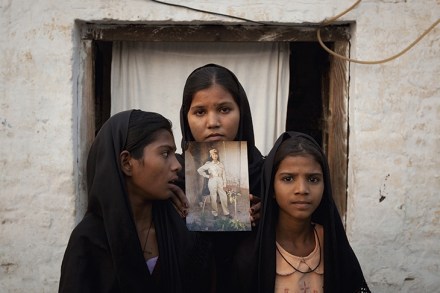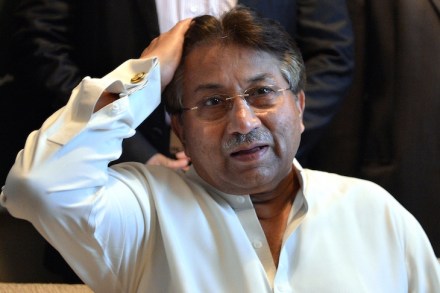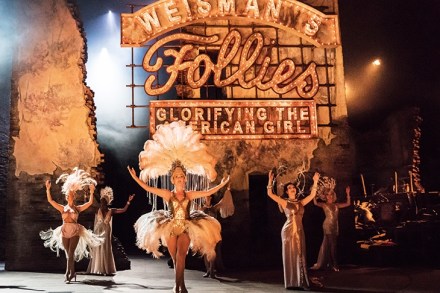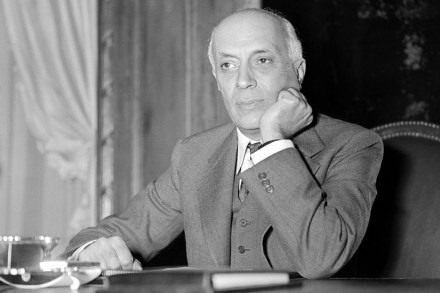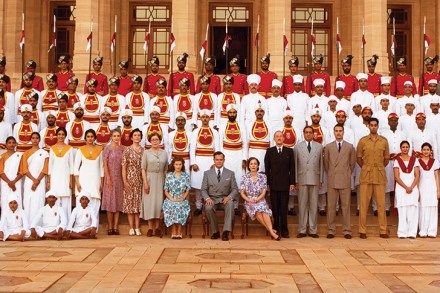‘Someone had to stand up’
Saif ul-Malook greets me in the hallway of his daughter’s home. Pakistani hospitality dictates that a guest should not go hungry, so there are plates of samosas, kebabs and biscuits. I am also of Pakistani heritage, so know that etiquette dictates that I must politely refuse a few times — or until I can no longer ignore my rumbling stomach. Malook was flown out of Pakistan, because his life was in danger. Since leaving the country, he has kept a low profile in his daughter’s home, a modest detached house in a cul-de-sac off a busy road in a UK city. He asks for the location not to be revealed.
